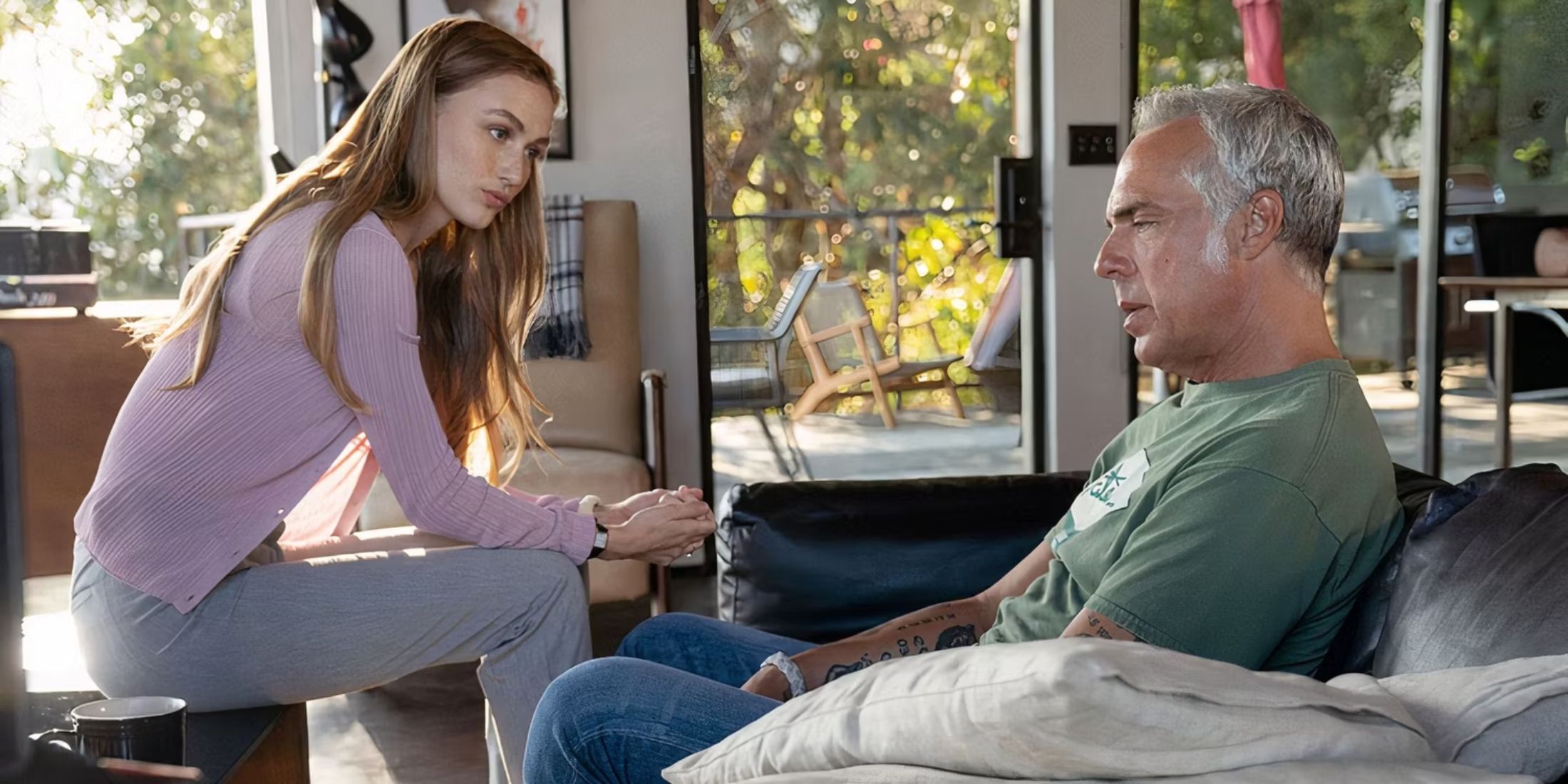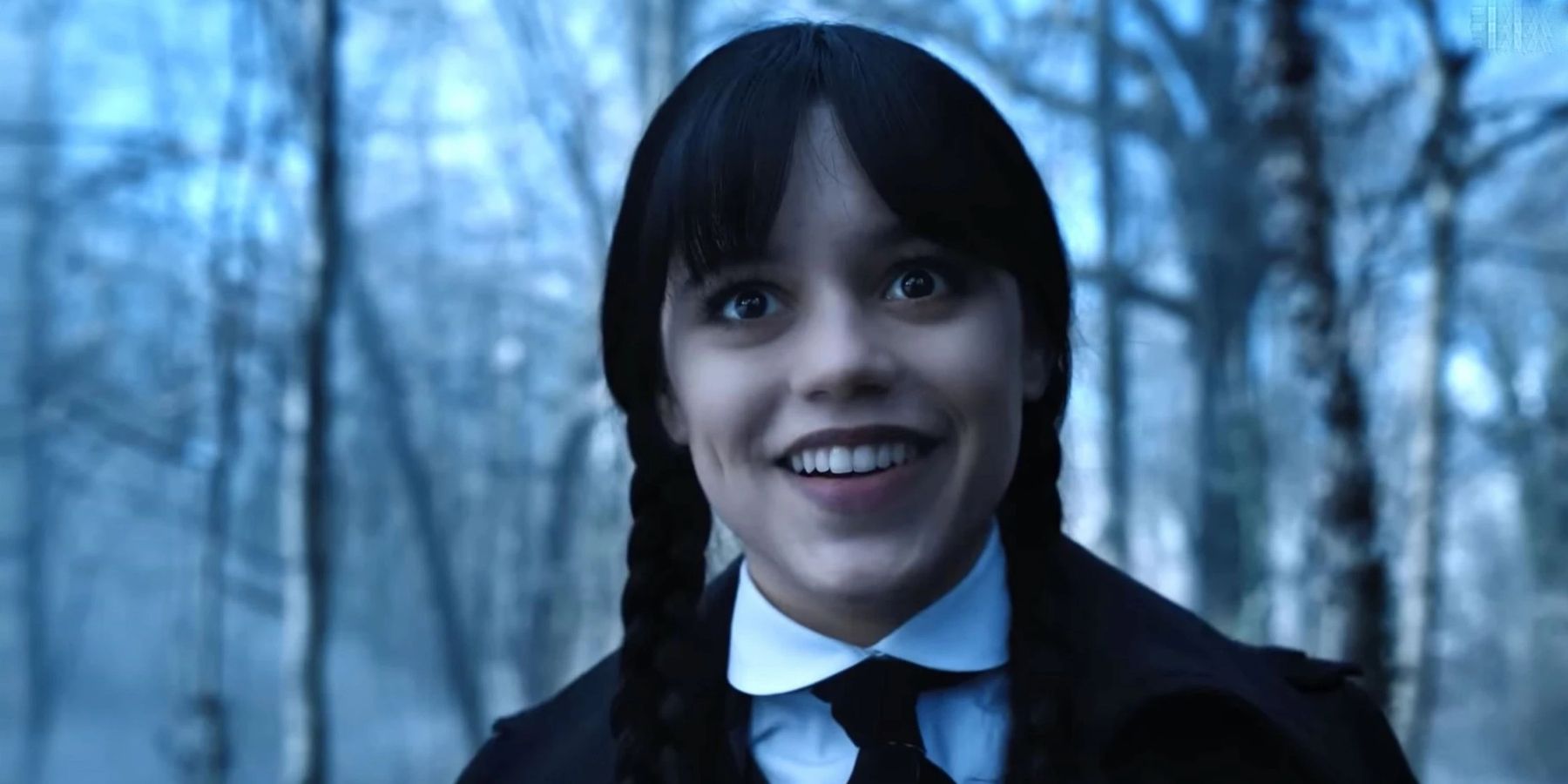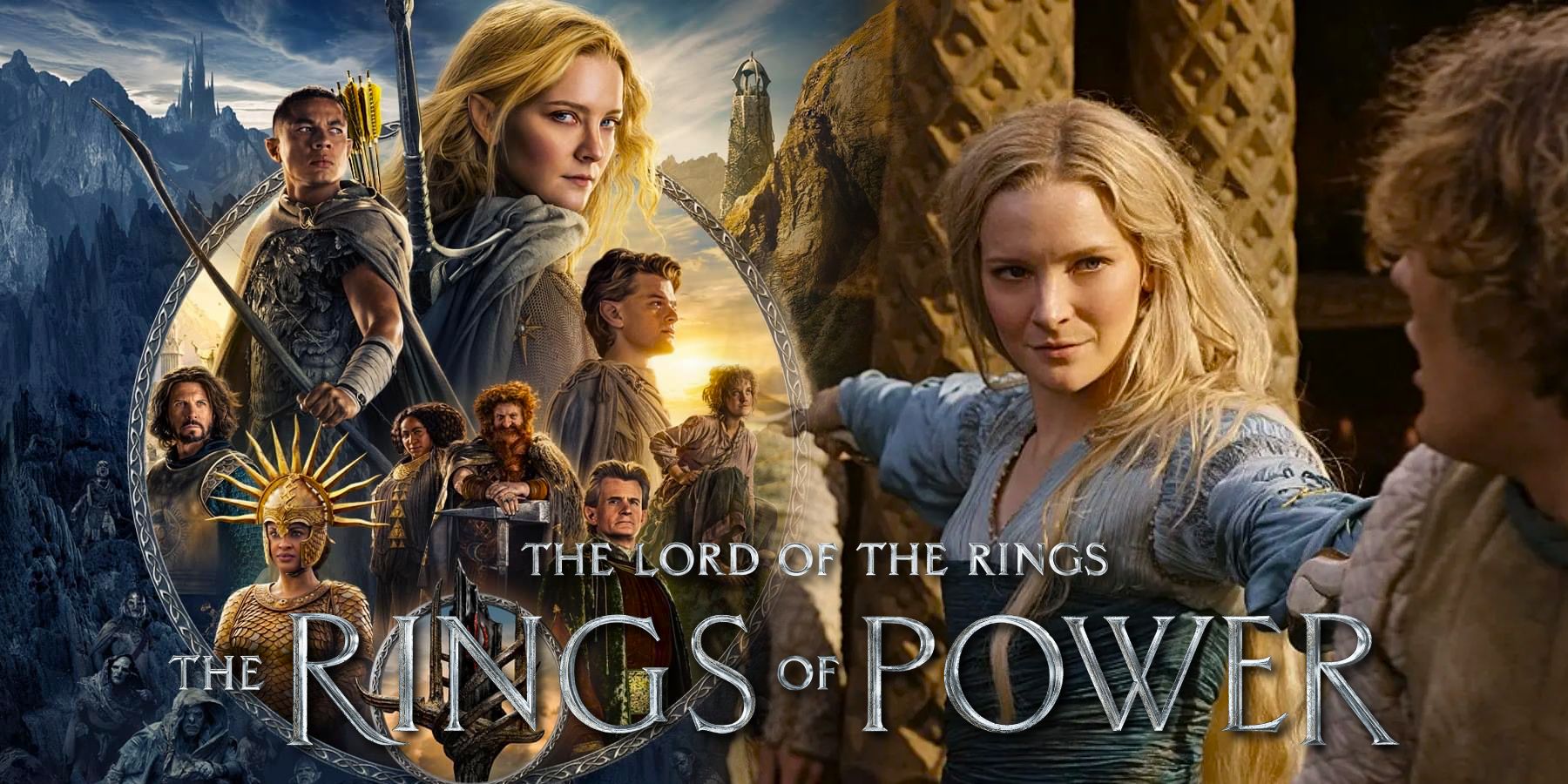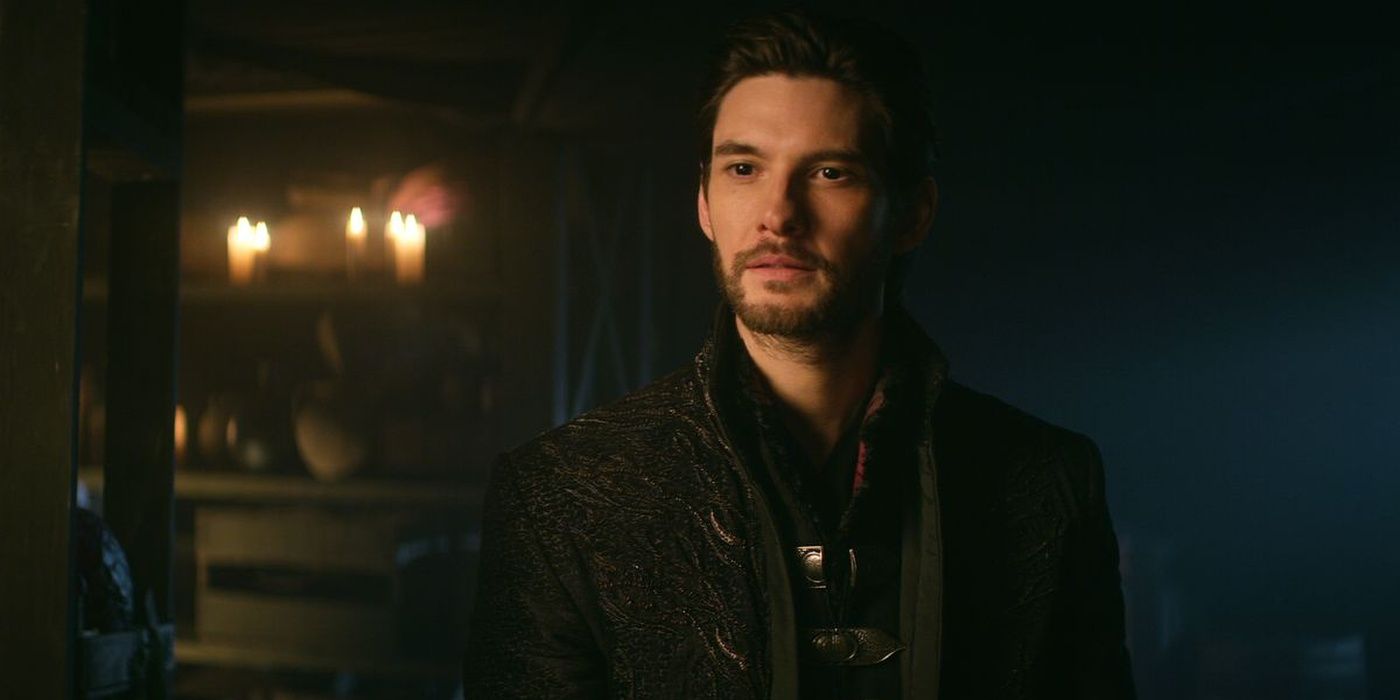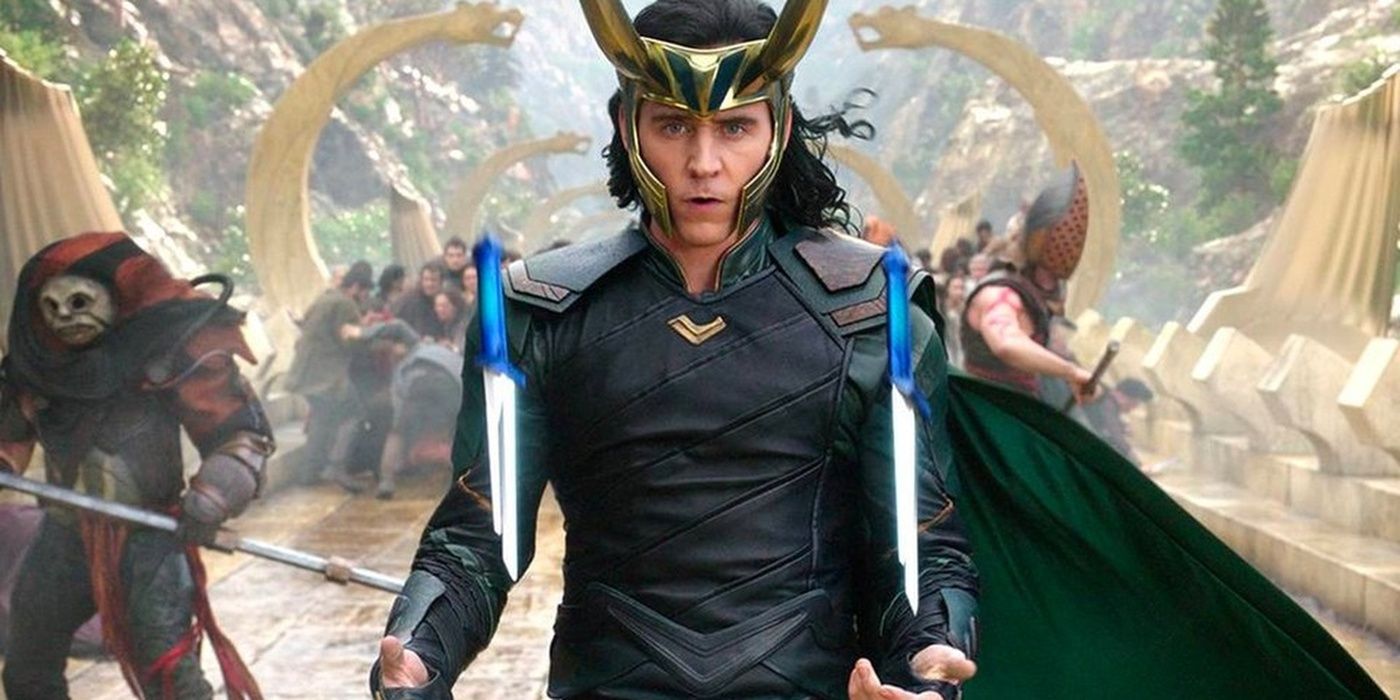In a traditional story, the protagonist is the hero, and they're the character that the audience is supposed to root for. They are good and moral and just, and they are able to defeat the evil forces working against them and save the world. These evil forces typically take the form of one person who is the hero's greatest enemy - the villain. They are often a foil to the hero, and display a lot of morally questionable or even downright nefarious traits, and the audience is supposed to cheer when they meet their defeat.
However, in recent years, that kind of narrative has been turned on its head a little, as creators began to realize that their audiences really loved villainous characters. Now there are numerous books, shows, and movies that take a classic tale and tell it from the villain's point of view (such as Maleficent or Cruella), or media that sets out to complicate the views of the heroes and villains by presenting a villain who has a good point, but is just using morally wrong tactics to reach their goal (such as Killmonger in Black Panther). Two recent shows, Loki and Shadow and Bone, have sparked a lot of discussion around sympathetic villains, and about why liking villainous characters is often much more fun than only rooting for the hero.
Shadow and Bone introduced the world to a lot of interesting characters, many of whom have morally grey intentions, but who ultimately work for the forces of good (such as Kaz Brekker). The big bad of the show, however, is the character that attracted the most attention online. The Darkling (also often referred to as General Kirigan in the show) is a complicated character who at first appears to have the protagonist's best interests in mind, only for it to come out that he actually has his own, darker purpose. The way that the Darkling and Alina are connected is one of the most interesting parts of the book series and was explored well in the show so far, and will only become more important in later seasons. The Darkling is a villain that people love, and particularly love to watch on-screen with Ben Barnes's amazing performance on the show.
Loki is also a show that deals with a complicated, often-villainous character, except this time, he's the protagonist. This makes it easier for the audience to relate to him and root for him, and his established history in the MCU means that he's already endeared to viewers. This show, of course, takes a much more sympathetic view of its antihero main character than Shadow and Bone does with the Darkling, but it’s fascinating how Marvel has (in general) been able to make Loki a sympathetic character throughout all of his time in the MCU, despite his many turns as the villain of the story.
This is mostly managed through showing his humanity in choice moments and giving the audience a chance to see his vulnerabilities, such as when he shows his brief moments of caring about his family or deciding to work for the forces of good in something like Thor: Ragnarok. In addition to that, the character is simply a ton of fun. As the God of Mischief, Loki is allowed to be a chaotic figure and cause havoc for the heroes without it feeling like too much. He’s infinitely fun to watch (and we’ve gotten to see a more fun and chaotic side of him in Loki than we ever got to in his film appearances), and it’s once again making the point that sometimes, the characters who aren’t necessarily “good” are the ones that viewers want to engage with.
Some of the online discussion about villains has also focused on whether or not it’s okay to root for villains. Of course, it should be obvious that the way a person feels about a totally fictional character isn’t necessarily reflective of their actual moral views, but there are some fans who claim that favoring a villainous character is morally wrong. However, the reason some villains are so compelling is that they have traits that we can see in ourselves, and most good villains become villains because they feel themselves to be misunderstood by the world, which is something that a lot of people can relate to.
The Darkling feels isolated because of his specific Grisha powers, because he is the only person that has them and the power to control darkness is something that (understandably) intimidates others. Loki’s run as a villain begins because he felt misunderstood and mistreated by his family, and it’s only after he finds that acceptance with his brother again that he takes a definite turn towards good. Of course, these feelings don’t excuse any heinous actions that these characters have taken, and most people who like villains don’t condone their truly awful choices.
Some of the online discussion around villains turned in the direction of "if you like villains, you're a bad person because you're supporting toxic behavior", which is both incorrect and also very reductive. Villains and antiheroes are very complex characters, and often their traumas mirror those of the viewers, which makes them relatable. People are always going to latch onto characters that they see themselves in, and most people are able to discern that relating to some of a character's problems doesn't negate or excuse the other bad things they've done. Also, it's important to remember that these characters are entirely fictional, and so attaching oneself to a made-up villain isn't necessarily going to have real-world consequences.
What this boils down to is that liking villains can just be really fun. They often have a fun visual aesthetic and dress and act very dramatically, which is always a treat to watch on screen. They often even have more personality than the heroic characters, and get to revel in chaos. It's fun to watch them reign destruction or be a seductive force of darkness (like the Darkling) but it's also satisfying to see them go through a redemption arc when the narrative allows, and make choices that help people rather than hurt them (like Loki). We seem to be in a golden age for fun, dramatic villains, and we can only hope that media creators continue to recognize just how important a well-written villain truly is.

